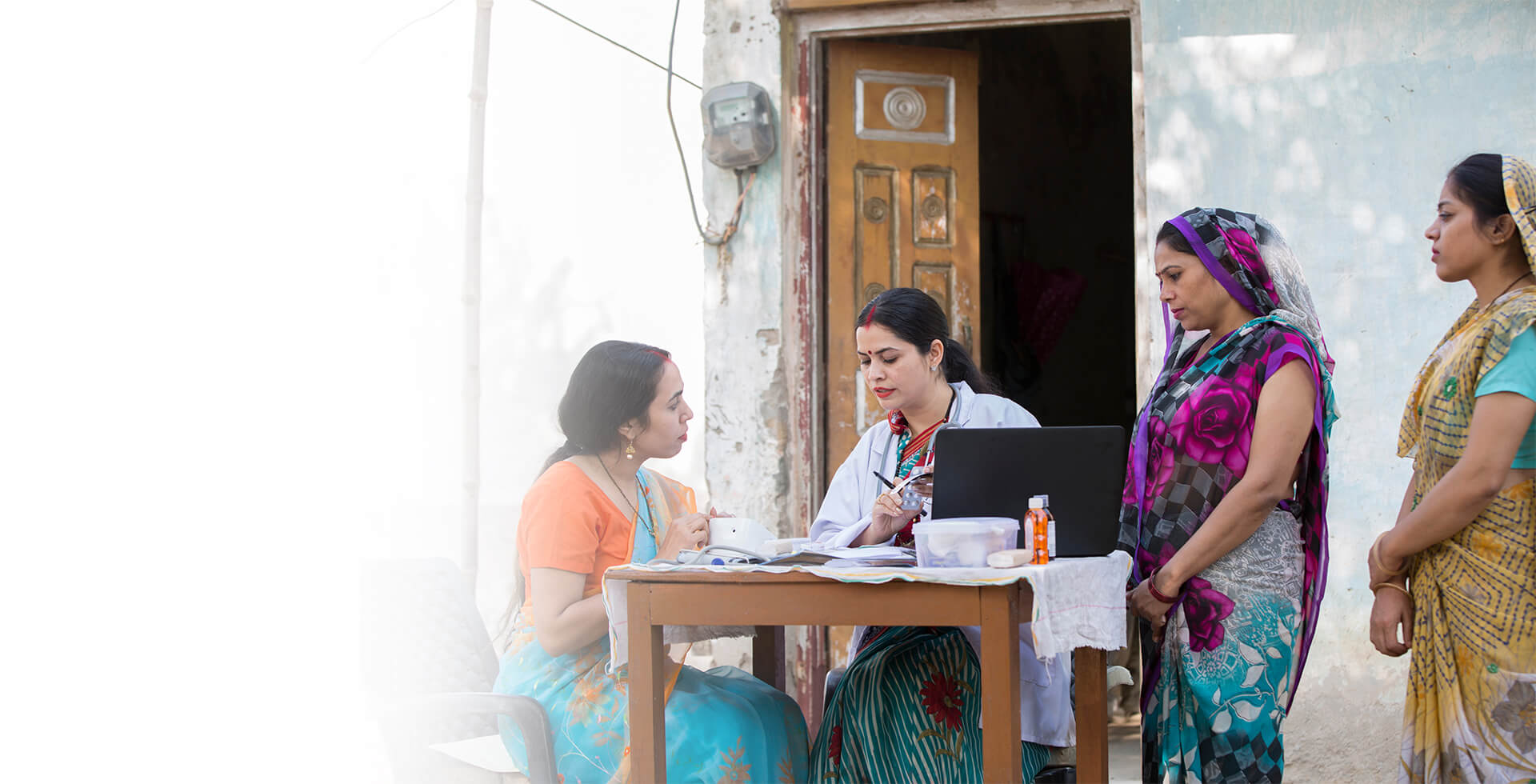Our herbal kingdom
A Greener Tomorrow
Medicinal plants, which are increasingly coming on the verge of extinction, are a major source for medicines for human kind. According to World Health Organization, nearly 80% population in developing countries is dependent on traditional system of medicine, which are mostly plant based. Around the world, nearly 40,000-50,000 plant species are used for medicinal purposes, whereas in India, about 700 plant species are estimated to be used in various Ayurvedic and Unani preparations.
Fully aware of the incalculable value of nature, Dabur strives to preserve biodiversity through a variety of initiatives, involving the community and tribal across the country. As the world’s largest Ayurvedic products manufacturing company, Dabur believes in practicing responsible ecological management and has been working towards attending to environmental problems.

As part of our Environment Sustainability strategy, Dabur has stepped up efforts to halt the accelerated loss of biodiversity through programmes aimed at protecting rare medicinal herbs from extinction. Under this programme, we identify environmentally sensitive species of medicinal plants and herbs, and develop methodologies to address their sustainability concerns. We have partnered with local NGOs across the country and have been involved in undertaking special training programmes for farmers, villagers and tribal communities across the country to train them on sustainable and environment-friendly cultivation processes.

We have also established a fully automated state-of-the-art greenhouse in Pantnagar (Uttarakhand) and another in Banepa (Nepal), in addition to 26 satellite nurseries and several demo cultivation sites across the country. These greenhouses are dedicated exclusively for growing and nurturing medicinal plant saplings. The facility supplies elite planting material to farmers across the country, free of cost. This process enables farmers to cultivate and supply well-standardized medicinal plants on a large scale.
We engage marginal farmers, providing them visible economic opportunities while helping conserve natural resources in the wide ranging ecosystems.
- 8,975 Farmers covered under Biodiversity initiatives in India
- 5,247 Acres of land under cultivation of herbs and medicinal plants in India
- 3,159 Households in Nepal engaged in cultivation of herbs
692 Acres of land under cultivation of herbs and medicinal plants in Nepal







